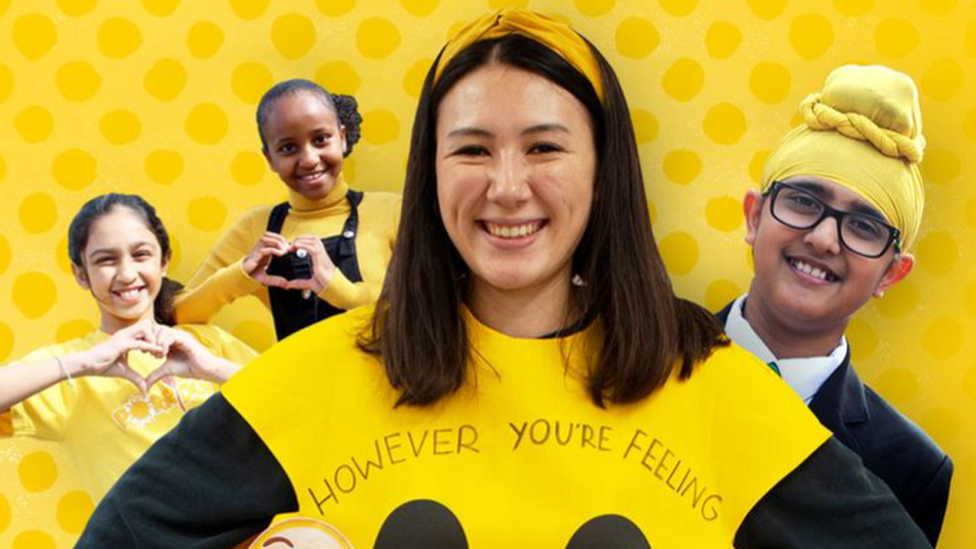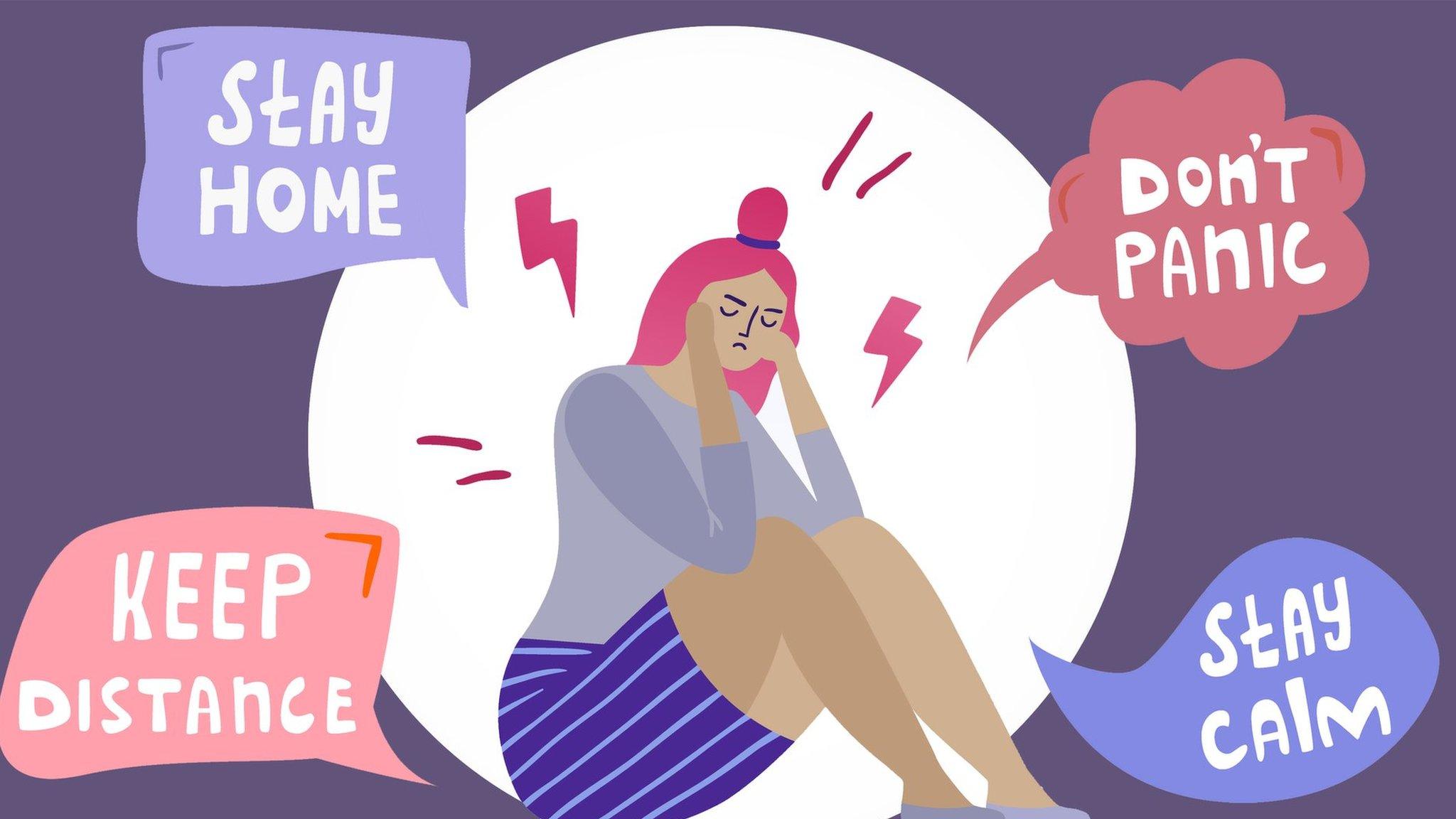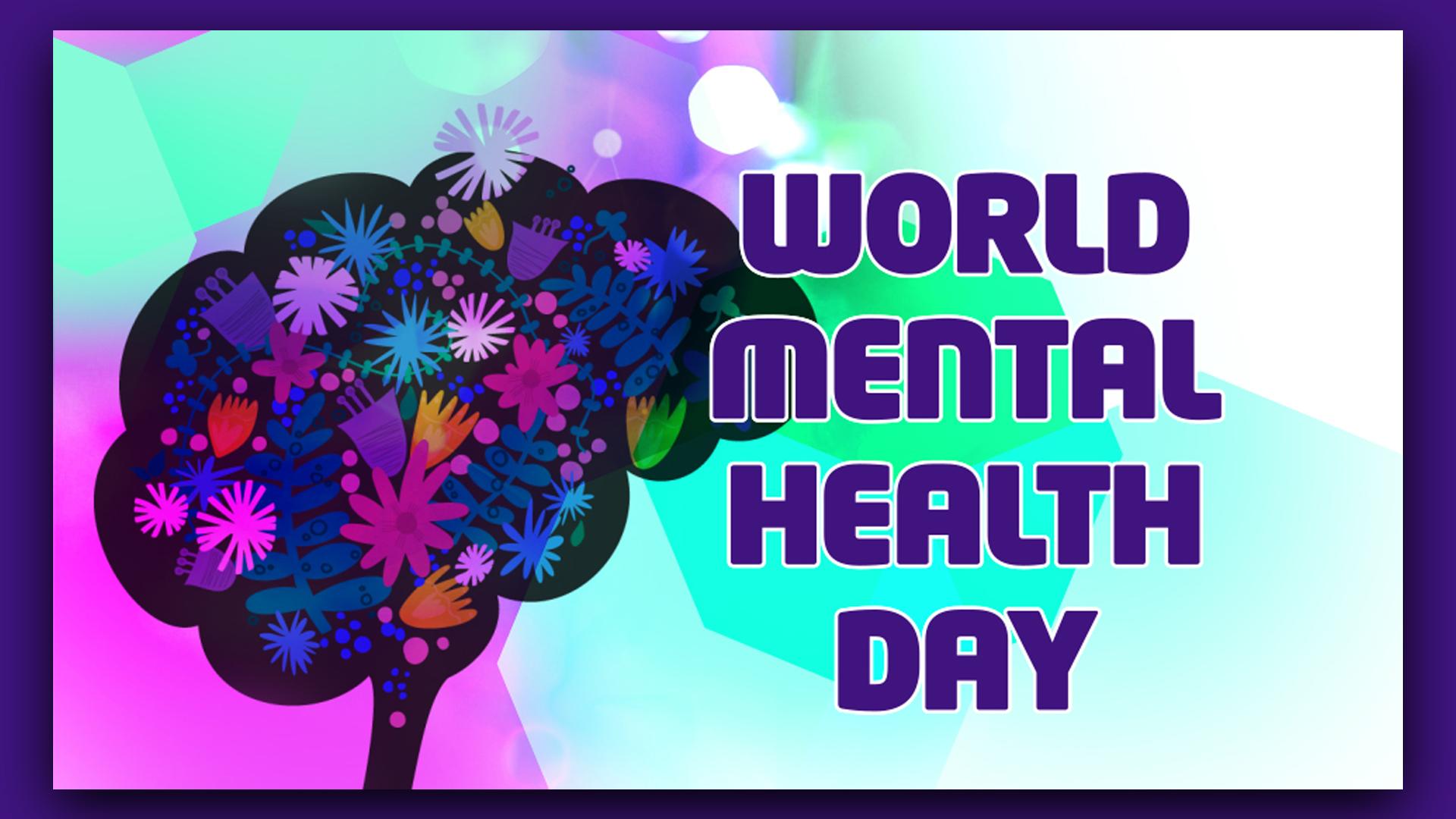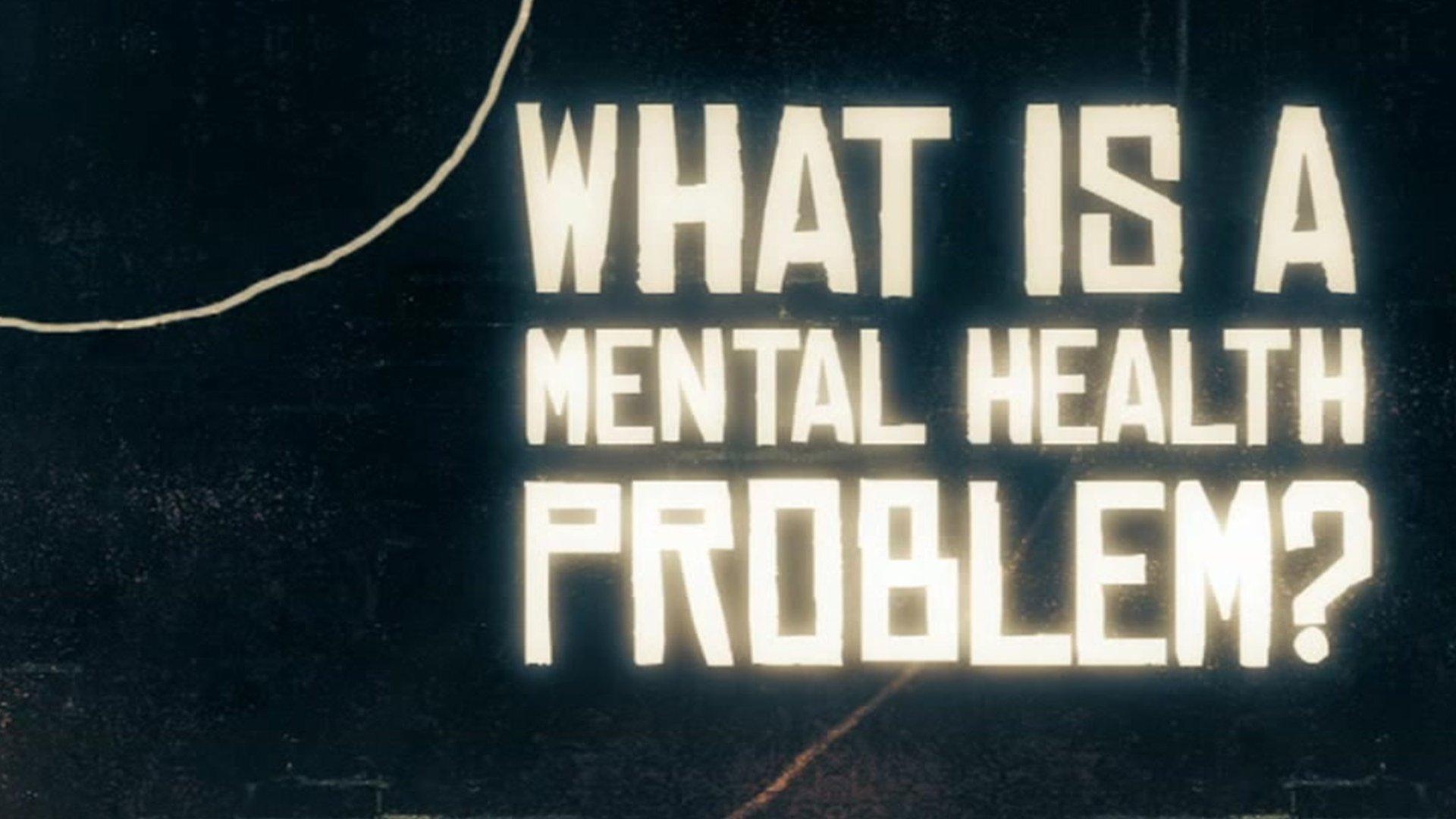World Mental Health Day: 'Don't be scared to ask for help'
- Published
- comments
What is a mental health problem?
On Saturday 10 October, lots of people will be marking World Mental Health Day.
It's a global event designed to raise more awareness about mental health conditions.
Some people have mental health conditions like depression or anxiety, which means they have feelings that won't go away and which start to really affect day-to-day life.
There are two main goals of the event. The first is to educate people about them. The second is to remove feelings of shame, worry or embarrassment about talking about or having them.
This year's focus is on the effects of the coronavirus pandemic on people's mental wellbeing.
The World Health Organisation, which runs the event, is calling on governments around the world to investment money in mental health.
Henry and Emily's story
This year, more than ever, it's really important for people to talk about their feelings during uncertain times in coronavirus lockdown.
This is especially important for kids who have been facing obstacles that they've never had to face before such as with parents being busy, home technology glitching and not being able to visit friends.
Newsround caught up with Henry and Emily from Sussex. They've got some top tips to help people who might be feeling down.
World Mental Health Day: 'Don't be scared to ask for help if you're sad'
Why are people wearing yellow to school?
As part of the campaigns around Mental Health Day, this year an extra focus is being put on supporting young people.

The mental health charity Young Minds are encouraging people to join in with the Hello Yellow campaign
Many schools and clubs are encouraging people to wear something yellow to raise awareness of the issue.
On Friday 9 October, thousands of schools are expected to take part in special assemblies and fundraising activities.
If you or your class are taking part - let us know in the comments below.
If you're worried about mental health, wellbeing or if you have any questions, speak to an adult that you trust. It might be a teacher or an older relative.
You might wish to speak to your local doctor or you can also ring Childline for free on 0800 11 11. This number does not show up on your phone bill.
- Published15 May 2020

- Published10 October 2019

- Published10 October 2019

